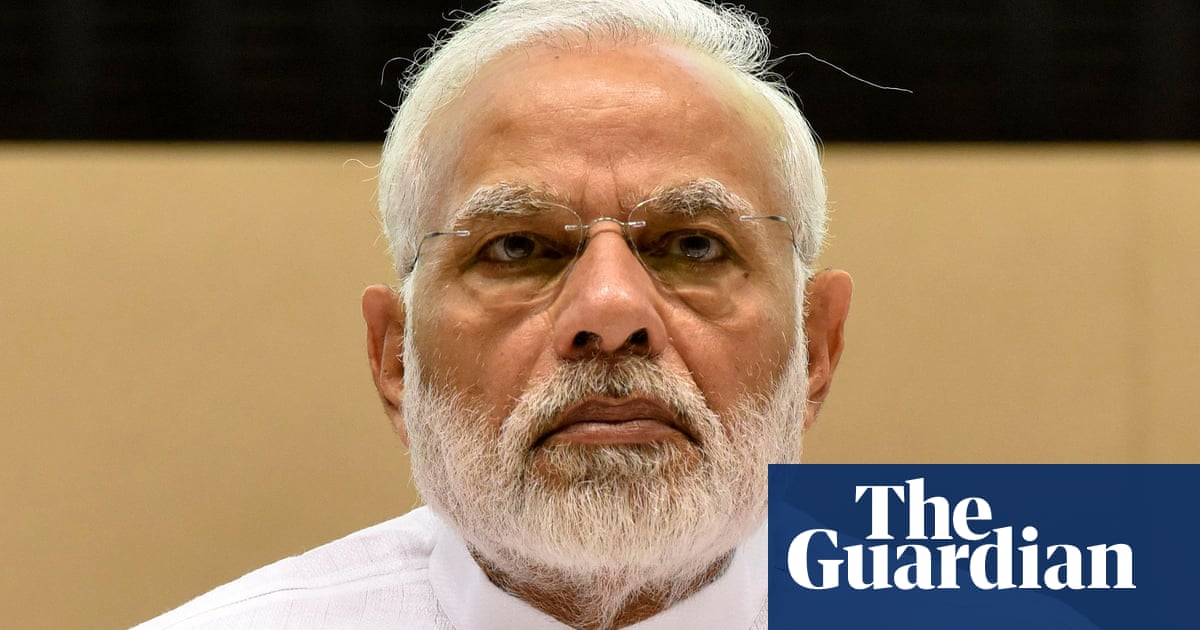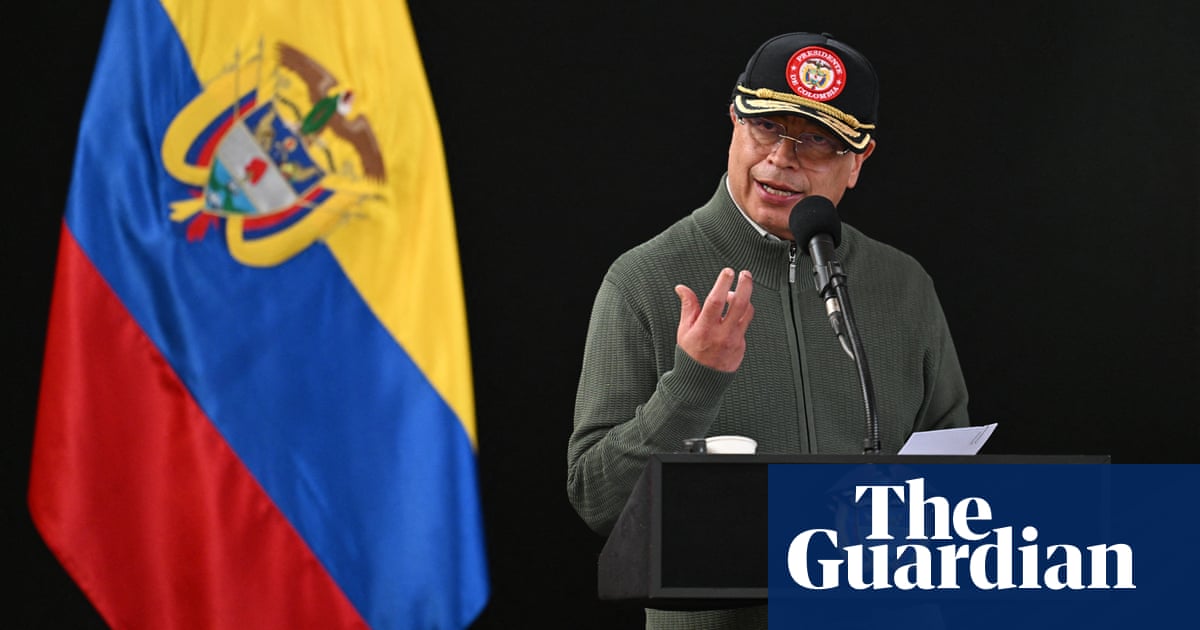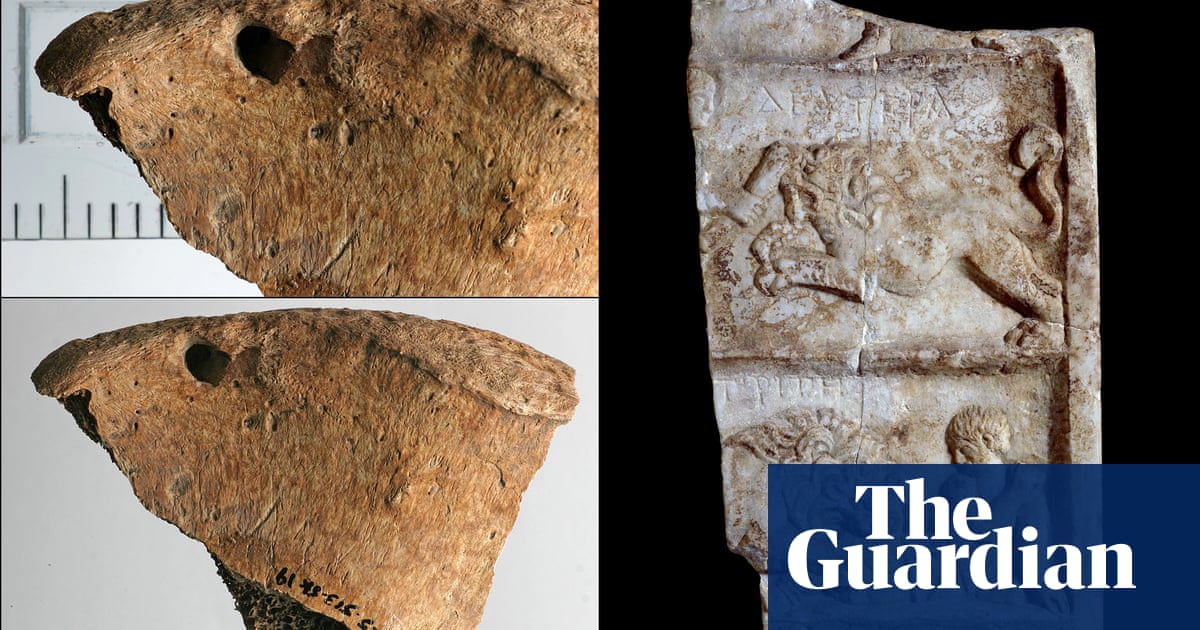To the allies of the University of Buckingham’s embattled vice-chancellor, the conclusion of an investigation into his conduct last week represented an unequivocal vindication of a free-speech martyr.
Prof James Tooley was not only cleared of any wrongdoing in his relationship with a young Indian woman. He was also found to have been the victim, they argued, of a politically motivated “witch-hunt” by factions on the university’s governing body.
One report suggested there had been a “failed coup” against the vice-chancellor by “malicious, politically motivated bullies”. Another said Tooley had been the target of a “cabal” at the university who “did not like his ‘anti-woke’ views”, and called for them to resign.
However, the Guardian understands that these claims of political persecution have now been formally investigated by a prominent lawyer, Joseph O’Brien KC, who concluded that they were “wholly without merit”.

O’Brien’s investigation was prompted by a formal grievance filed by Tooley himself alleging the decision to suspend him was a politically motivated campaign. It occurred in tandem with a separate investigation by the KC into allegations about his relationship with a young woman in India.
The KC concluded that the allegation of an “inappropriate relationship” with the woman in India was not substantiated. Upon receipt of his report, the university council unanimously agreed there were no grounds for dismissing the vice-chancellor. He has now been reinstated, after a nearly four-month suspension.
His return to campus is set to be a fractious one because of a dispute about the basis for the investigation into him.
In an email to staff late on Wednesday, Mark Qualter, chair of the university’s council, said that coverage of the vice-chancellor’s suspension from “certain elements of the media” had been “unhelpful” and “unsettling”.
“There has been a narrative in the press suggesting a conspiracy to remove the vice-chancellor, led by a ‘cabal’ opposed to his political positions,” he said. “This grievance was independently investigated by the KC … the claims were dismissed in their entirety and found to be ‘without merit’.”
Contacted for comment, a lawyer for Tooley appeared not to accept that conclusion. “It remains the case that Professor Tooley was indeed targeted because of his political beliefs,” the lawyer said, describing his suspension as a politically motivated “attempted coup”.
The ‘anti-woke’ vice-chancellor
Tooley, 65, whose friends include former Conservative leaders Boris Johnson and Liz Truss, as well as the current deputy leader of Reform UK, Richard Tice, was a divisive figure even before the controversy of recent weeks.
He is well known for his outspoken views about freedom of speech and his opposition to so-called cancel culture and wokeism.
Tooley took over from Sir Anthony Seldon as vice-chancellor of the University of Buckingham in 2020. In February 2024, he unveiled a new university course on “wokeism”, studying the “origins and intellectual history of progressive illiberalism”.
That same month, he faced criticism for claiming that Cambridge University discriminated against “privately educated white males”.
Before taking the helm at Britain’s leading private university, Tooley had built a career setting up small-fee private schools in the developing world, including in some of the most deprived areas of Africa, China and India.
It was in Hyderabad, India, in the late 2000s, that he is understood to have formed a relationship with a young woman who was decades his junior.
Got a confidential news tip for the Guardian?
ShowInvestigative journalism is the lifeblood of the Guardian. If you know something that could help us hold powerful institutions to account, please consider sharing it with us.
- Send an encrypted message to our UK investigations team using Signal or WhatsApp on +44 7584 640566.
- Email a specific reporter using PGP encryption.
- For the most sensitive material, use our SecureDrop service.
- For further information on how to contact Guardian reporters securely, read our full guide.
- For more general contact information see our main contact pages.
The woman told the Times she was 18 when she first met Tooley and their sexual relationship began when she was in her 20s. “I was in love with him and wanted to be with him,” she told The Times. “People will say he used me because he has power and money. But that’s not the case.”
It was the discovery of WhatsApp messages between Tooley and the woman, and diaries she is understood to have written and provided to him, that prompted the university’s investigation. The documents were found by Tooley’s wife, Cynthia, at their university-provided grace-and-favour home.
She is understood to have then provided copies of the diaries and messages to the university, as part of a complaint about her husband’s conduct.
‘An ill-conceived disciplinary process’
The university’s governing body decided to suspend Tooley pending an independent investigation led by O’Brien in October 2024, soon after receiving the complaint from Tooley’s wife.
The decision quickly prompted a furious backlash, amid claims that Tooley was only being targeted because of his political beliefs.

The Free Speech Union made a formal complaint to the Office for Students, claiming that what was reported to the university “has no bearing on his fitness to carry out his public role as vice-chancellor”.
Meanwhile, 37 members of the House of Lords reportedly wrote to the university’s governing council in protest of what they described as “an ill-conceived disciplinary process”.
Later in October, Tooley filed a formal grievance against Qualter – the chair of the university council – and two members of a subcommittee that was looking into the allegations. According to Qualter’s email to staff, Tooley alleged that he and two other members of the council “sought his removal due to his beliefs in free speech and academic freedom, as well as opposition to his political views and beliefs”.
It was decided that O’Brien would separately investigate both the allegations concerning the woman in India, and Tooley’s complaint about being politically targeted and he produced reports on both.
Ultimately O’Brien dismissed claims of a political witch-hunt. O’Brien is understood to have concluded that the allegation made by Tooley that he had been discriminated against due to his political beliefs or views was “wholly without merit”.
In an email to staff, Qualter also dismissed suggestions that the university did not act properly or follow due process in the case. “The university has established procedures for these scenarios,” he wrote. “They were rigorously followed, verified by external legal counsel and every action we’ve taken has been subject to the oversight of multiple regulators – all of whom have been entirely supportive.”
He added: “Now we look to the future. Our vision is to be known as a beacon of independence and academic freedom – a place that demonstrates there is a better way to deliver higher education through intensive learning and a commitment to freedom of speech.”

.png) 2 months ago
28
2 months ago
28













































